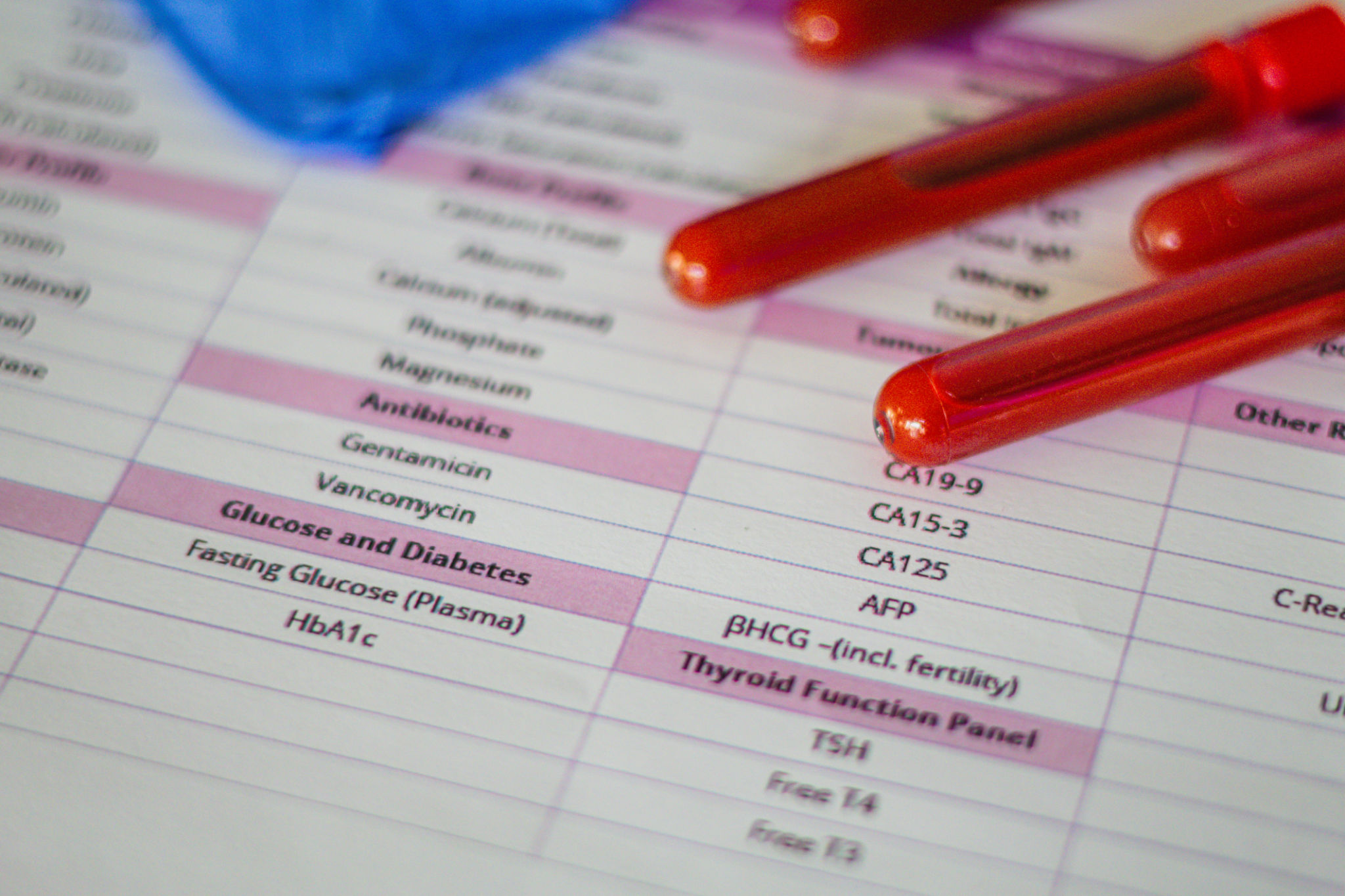Understanding Endocrine Disorders: Common Myths Debunked
Introduction to Endocrine Disorders
The endocrine system plays a crucial role in maintaining the body's homeostasis by regulating hormones. Despite its importance, there are many misconceptions surrounding endocrine disorders. These myths can lead to misunderstandings and mismanagement of conditions. In this blog post, we aim to debunk some common myths about endocrine disorders to provide clarity and better understanding.

Myth 1: Endocrine Disorders Are Rare
One prevalent myth is that endocrine disorders are rare. Contrary to this belief, conditions like diabetes, thyroid disorders, and polycystic ovary syndrome (PCOS) are quite common. In fact, millions of people worldwide are affected by these conditions. Recognizing the prevalence of endocrine disorders can encourage more people to seek medical advice and get appropriate treatment.
Common Endocrine Disorders
- Diabetes Mellitus
- Thyroid Disorders
- Polycystic Ovary Syndrome (PCOS)
- Adrenal Insufficiency
Understanding the commonality of these disorders can help dispel the myth that they are rare and encourage greater awareness and proactive healthcare measures.
Myth 2: Only Women Are Affected by Hormonal Imbalances
Another widespread misconception is that hormonal imbalances only affect women. While women may experience certain hormone-related conditions like PCOS or menopause, men are also susceptible to hormonal issues. Conditions such as low testosterone and thyroid disorders can affect men significantly, impacting their overall health and quality of life.

Hormonal Issues in Men
Men can experience a range of hormonal issues that may lead to symptoms like fatigue, mood swings, and decreased libido. It's essential for both men and women to be aware of these potential problems and seek medical advice when experiencing unusual symptoms.
Myth 3: Lifestyle Changes Alone Can Cure Endocrine Disorders
While lifestyle changes, including diet and exercise, are crucial in managing endocrine disorders, they typically cannot cure these conditions alone. Many endocrine disorders require medical intervention such as medication or hormone replacement therapy to effectively manage symptoms and maintain balance.
The Role of Medical Treatment
- Diagnosis through blood tests and medical history
- Prescription medications tailored to individual needs
- Regular monitoring and adjustments by healthcare professionals

Combining lifestyle changes with medical treatment often provides the best outcomes for individuals with endocrine disorders.
Conclusion
In conclusion, understanding the realities of endocrine disorders is crucial for effective management and treatment. By debunking these myths, we hope to enhance awareness and encourage those affected to seek proper medical guidance. If you suspect you have an endocrine disorder, consult a healthcare professional for diagnosis and treatment options tailored to your needs.